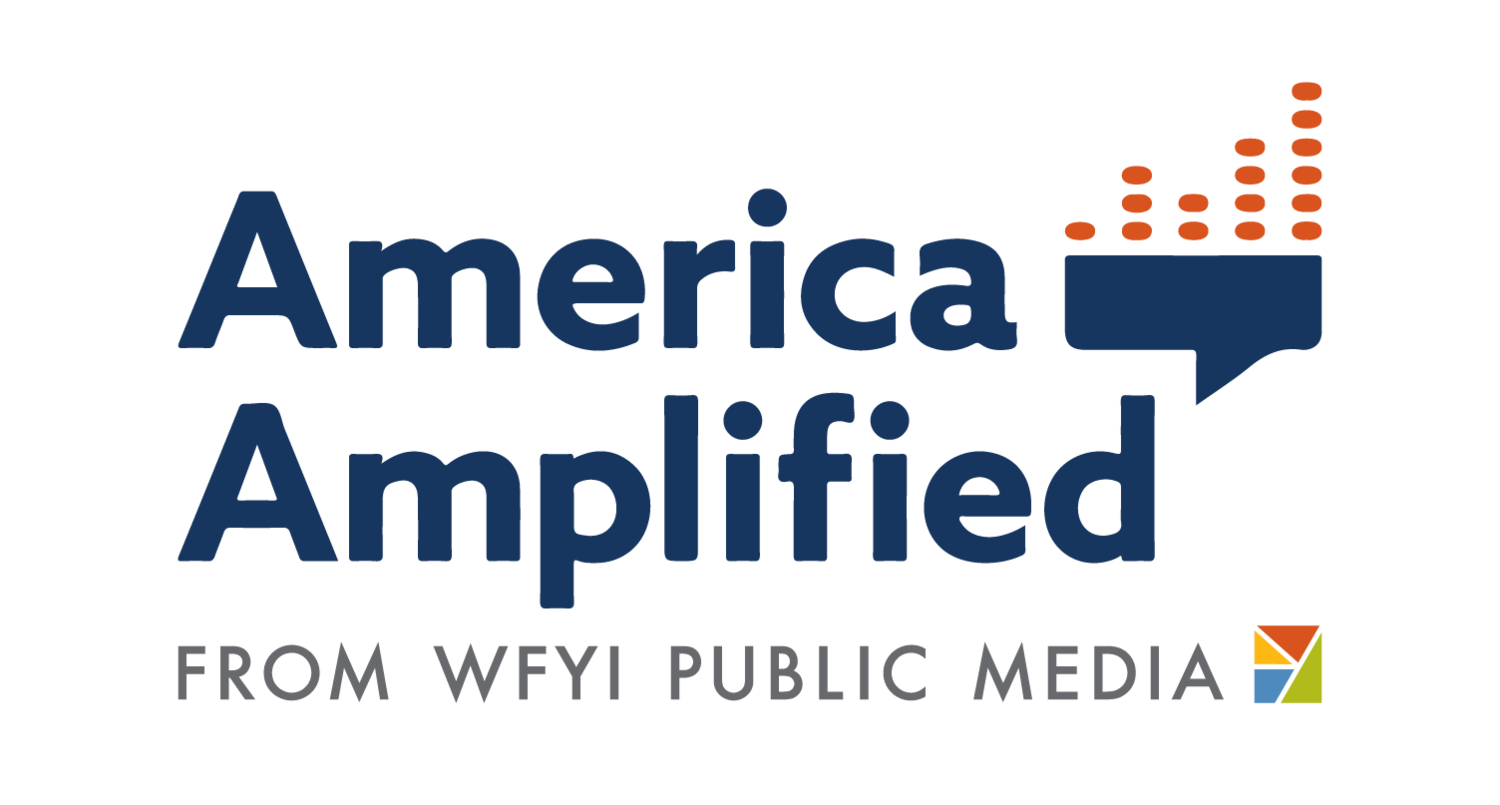Tips for tough conversations and divisive issues.
Community engagement journalism can involve tough conversations. There is no shortage of heavy and often polarizing stories in the national news cycle. All of this can and does affect people in very personal ways. How can we, as engagement journalists, lift up the voices of people most affected by that news and bring people together to discuss divisive issues?
Whether it’s a listening session or one-on-one, heavy and divisive topics are hard to talk about. It’s important to approach these issues thoughtfully — transparency and empathy will go a long way in building trust. Here are some tips to help those conversations go smoothly:
For one-on-one conversations:
Make it off-the-record. People aren’t used to reporters asking them to talk without asking them for a quote. Use this time to explain your engagement journalism goals and let them know that you value the opportunity to hear from them no matter the outcome. Even if they ultimately decide not to go on the record with their story, you can learn a lot from just listening.
Be transparent. A lot of people don’t know what “on background” means or when something is on or off the record. Explain these terms as well as why you will be taking notes or recording the conversation, how fact checking works, and how you’ll use their quotes. Plan extra time to answer any questions they have about your work.
Consider sharing your point of view. Journalists can build trust by sharing their perspective – under the right circumstances. The people you are talking to know you have an opinion, and some folks believe journalists have an agenda. By being transparent about your perspective with someone who thinks differently, you can explain to them that, while you may not agree with them, you’re eager to hear what they have to say and that it’s your job to portray them accurately. You can also build strong connections through empathy.
For group listening sessions:
Be thoughtful about who is in the room. Consider the size of the group and how many people you are able to effectively moderate. Is it just you? Then a small gathering of ten or fewer people may be the way to go. If you have more moderators, break out into small groups and hold a few conversations.
Set a clear goal for your session. Do you want to hear from a specific community or affinity group? A community partner can be a great resource to find people to join. Or, if you’re looking to bring people together across divides, a broader callout through flyers and community bulletin boards may be effective to reach beyond your core audience.
Be transparent. Is the session on the record or off? Will you be recording it? How will you use that recording? How will you be following up? Make sure people know what to expect during the session as well as afterwards.
Set the ground rules and ask everyone to agree. What kind of ground rules make for good conversations? How can you be an effective moderator? There are a lot of resources and research to guide you. Some of the basics include only using “I” statements (“I think”, “I feel”), avoiding all personal attacks, and giving everyone equal amounts of uninterrupted speaking time. Make sure everyone is aware of these rules and agrees to follow them.


